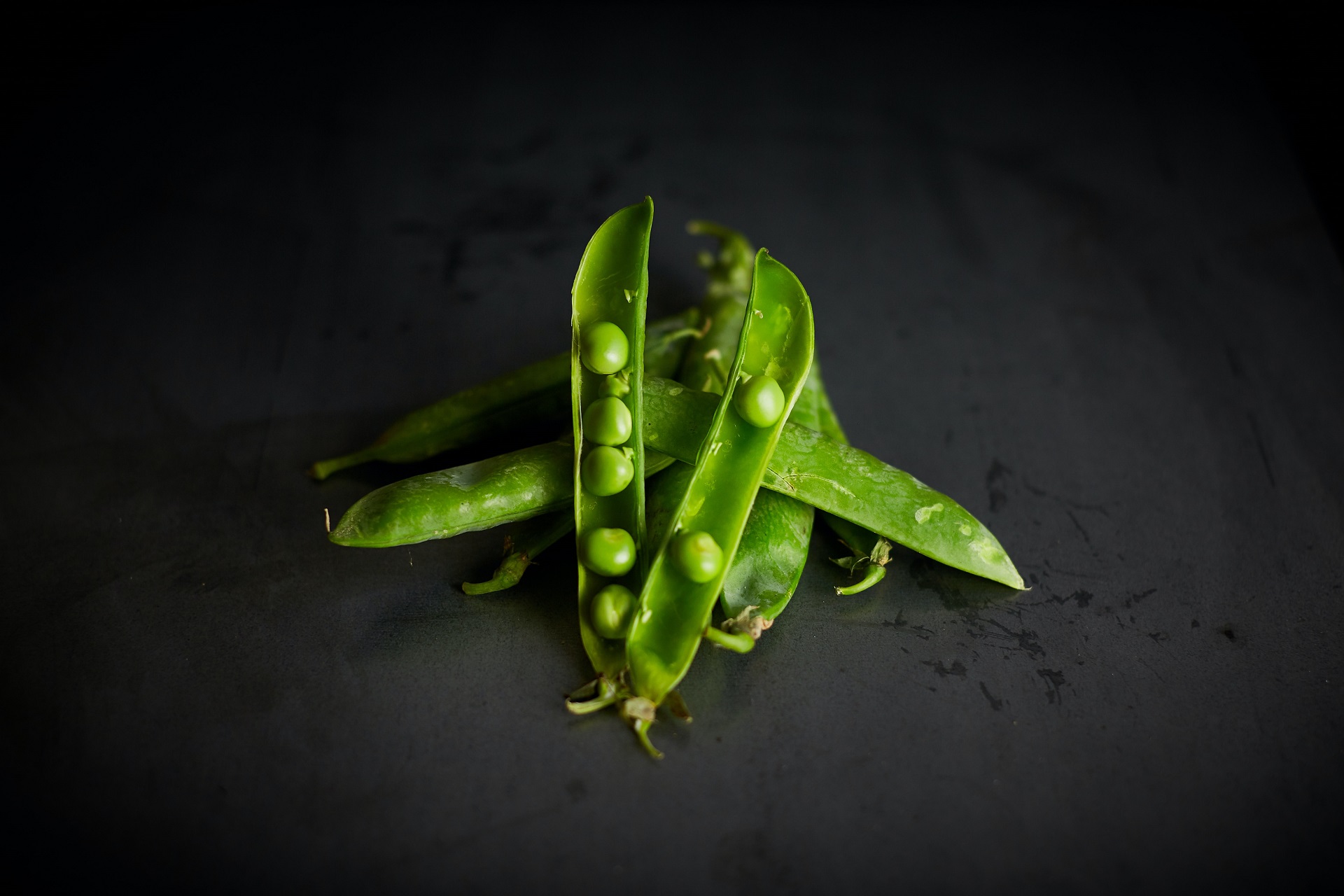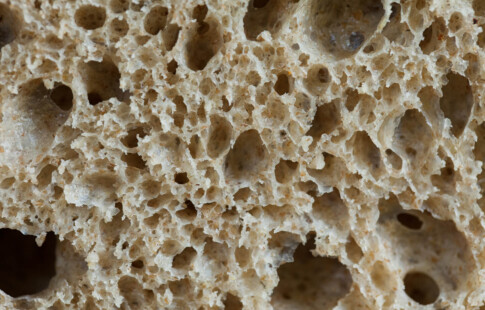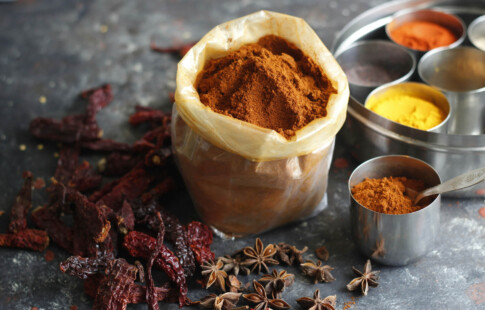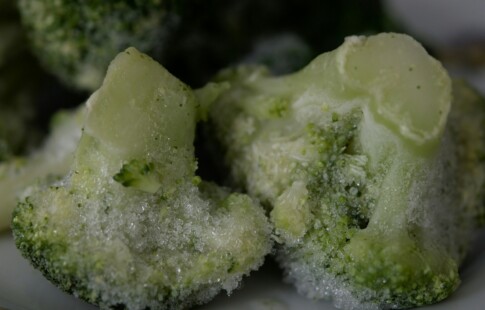
Is Pea Protein Good for You?
We are reader-supported. When you buy through links on our site, we may earn affiliate commission.
The world is becoming more mindful of animal-based proteins as the climate crisis makes everyone reconsider their carbon footprint. There is also the question of the health benefits of meats, especially red and processed versions, as animal proteins have mixed reviews on how much they help and harm human health. Consumers want alternatives, and pea protein is one of the up-and-coming plant-based proteins sweeping shelves and social media feeds. So, is pea protein good for you, or is it another diet trend with little medical backing?
What is Pea Protein?
Makers extract pea protein from yellow split peas. It’s often made as a powdery supplement, though it can take other forms. Their versatility in the health-conscious world as a burger patty replacement or smoothie supplement garnered more to question if it’s a genuinely healthy alternative protein.
A surge in plant-based proteins is essential as more transition to meatless, reduced-meat, or dairy-free or dairy-reduced diets. In a post-pandemic health climate, humans are more health-conscious, recognizing bodily cues more urgently as they question how other proteins could provide adverse side effects or signal long-term allergies. Science must reflect proper research so consumers feel safe in their dietary choices. If anything, consumer interest in pea protein compels researchers to expedite operations to meet demand.
How Is it Made?
Part of the health-conscious conversation circles how manufacturers make pea protein. It is processed food. However, this doesn’t dictate its health qualities. It is processed but not with chemicals. It undergoes mechanical processing where the peas dry out, then they have to be ground like flour. Additional processing can possibly remove other nutrients, but the goal is to extract mostly protein.
A water and saline mixture pulls out the starches and fibers at this stage for the subsequent drying and grinding step. Once it’s the right texture, that’s when it’s ready. It’s crucial to distinguish degrees of process that can occur depending on the intention of the pea protein. These steps create everything from more concentrated pea protein products to more processed meat replacements. The end product, whether an isolate or concentrate, will have varied health specifications once they enter more product-specific processing.
What Are the Pros and Cons of Pea Protein?
There is no perfect food, because they react differently depending on unique bodies and health conditions. As research arises on if pea protein is good for you, consensuses are forming to some discernable pros and cons.
Benefits
One of the most well-known benefits of pea protein is gut health. Fattier meats require more effort to break down, and the more accessible pea protein is easier to digest, putting less strain on the body. Though powder creation reduces its natural fibers, it keeps enough that it doesn’t cause gas or bloating but helps digestive processes and can remain calm in even the most sensitive stomachs.
Most importantly, peas are hypoallergenic and consumable in almost every dietary situation because they are:
- Vegan and vegetarian-friendly
- Lactose-free
- Gluten-free
- Blood sugar and pressure-friendly
- FODMAP-friendly
Another significant benefit is pea protein’s muscle-building abilities. Because of the branched-chain amino acids and high iron, it promotes muscle healing. Peas are incomplete proteins and don’t have as many amino acids — such as methionine — as other whole-food proteins, but it’s nothing that can’t be supplemented with other dietary inclusions.
Drawbacks
Though some research will back pea protein’s anti-inflammatory properties, this is only somewhat true. Pea protein could reduce overall inflammation, but those with gout must watch out. The purines in pea protein could exacerbate concerns, whereas they wouldn’t necessarily be for other types of inflammation. These distinctions assert the importance of thorough testing and research against your health journey before diving headfirst into a new dietary commitment.
Another important reminder — as with any food — is you pay for what you get. Lower-quality protein powders of any kind have the potential for additives or other chemicals to lower costs for production. Research brands before investing, because reputable pea protein powders will contain fewer extra ingredients and leave the magic up to the peas.
How Does it Compare to Other Proteins?
As noted, pea protein doesn’t follow the process of other protein extracts. Chemical processing would separate the protein from the plant, but a more manual process isolates the protein for production.
Whey protein is more accessible and relatively inexpensive than other protein powders on the market. It has name recognition, and the body quickly absorbs it. But, it can trigger some allergic reactions since some contain allergens. However, when it comes to the macronutrients, pea protein compares similarly to whey if you’re looking for variety in your protein diet.
When comparing pea protein to soy, there’s more to consider. Soy is one of the least expensive and manageable crops to grow, especially as a rotational crop.
Farmers rely on it frequently to renourish soil of nitrogen. You can’t ignore its accessibility and contribution to soil health if environmentalists want to choose a protein based on its supply chain. Every food could have shortcomings based on the farmer or distributor, but it’s worth considering.
Discuss with your doctor to determine gaps in your diet to find what proteins could fill in, and the solution could be pea proteins. If someone is iron-deficient, pea protein is a solid choice, whereas potassium-seekers will want whey. The differences between the powders are not enough to determine if one is superior, but there are varied options for different bodies, so everyone has a choice.
Is Pea Protein the End-All-Be-All Powder?
The bottom line is that pea protein is good for you, assuming you need it for your diet. Consuming too much of any food can have health repercussions, and thinking a protein powder could replace other foods is oversimplifying the human body’s needs. Pea protein has enough research backing it to validate its position in a long grocery aisle of protein supplements, and if it ticks the boxes of your health requirements, it is a robust way to keep muscles healthy while choosing a plant-based protein to fuel your days.
Share on
Like what you read? Join other Environment.co readers!
Get the latest updates on our planet by subscribing to the Environment.co newsletter!
About the author

Jane Marsh
Starting from an early age, Jane Marsh loved all animals and became a budding environmentalist. Now, Jane works as the Editor-in-Chief of Environment.co where she covers topics related to climate policy, renewable energy, the food industry, and more.





